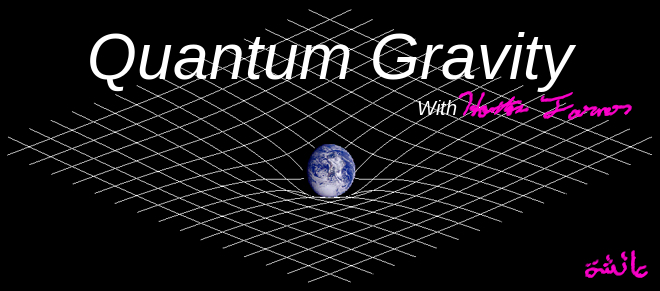The number one pitfall of reporting on science is to take a single work, or single report and treat it as if it is proven as fact already. In truth, real science knowledge is that which has stood the test of time. That is not really exciting for reporting. If a reporter wishes to discuss the latest developments, they must qualify it with the fact that it is a new study. Even if it is peer reviewed, that is not even enough yet. Until something is shown through consensus built by years if not decades of results to be either a “law” of nature or a “theory” of science, it should not be reported as fact.
However, there are times like now, regarding the 2019 novel coronavirus from Wuhan China, that one cannot wait for consensus and must rely on lesser levels of review. Here they are in order of trust ability.
Least Caution, Theories and Laws of nature which have been backed by decades of results and are agreed upon by consensus.
A reporter will know these by the fact that they have recognizable names. They are things like evolution and General Relativity, the laws of thermodynamics. The law that says energy cannot be created or destroyed, conservation of energy, is a very important one right now. So many people are proposing “solutions” to climate change which violate that law or the laws of thermodynamics. They can be improved upon, but they are as factual as science gets.
Report on such theories as simply being facts of nature.
Note theories like “string theory”, or other post-modern theories in physics, do not yet fall into this category.
The basics of germ theory are what one should report on right now regarding the novel corona virus. Tell people to avoid unnecessary public gatherings and mind their handwashing and sanitation.
Peer Reviewed Papers.
These are easily identified by appearing in a journal. The better known the
journal the more serious you may wish to take it. If the peer review is “post publication
peer review” … look at the reviews and responses to the reviews for yourself.
In any case such papers what have been cited, read the citations and make
sure they are not refuting the paper. To be safe wait until a paper has
been cited, preferably by someone who is not the author. PhD and possibly MS
theses fall into this category.
Report on these papers with confidence. Yet also qualify that further studies may contradict these. Peer reviewed studies which are coming out on the coronavirus are worthy of being written about by non-scientist journalist.
Most Caution, Formally Archived Preprints.
Here things get a little tricky. Depending on the field such papers can be almost as good as peer reviewed. For example, a formally archived paper by a large scientific collaboration undergoes a lot of review before it is published. However, such papers have been shown to be seriously flawed in the past. A paper by a single scientist consider the reputation of the scientist. What is their current or former academic position? If they were someone who was qualified to teach science at college or university, they are at least not going to “not even wrong”. It is also wise to see if the pre-print has been cited by someone. It is becoming more common to dispense with formal publishing. Citation by other researchers then becomes a true mark of acceptance.
A science reporter should only report on such papers if they
have personal knowledge of the field or if they are being advised by someone
who does. If you are writing about coronavirus and are not at least a medical
doctor or nurse, then don’t write about non-peer reviewed papers.
Those of us who are scientist, who do write about archived papers or pre-prints could be providing a sort of public review of the work. If you see multiple scientist-journalist praising a paper report on the fact they are praising it. If you see that such scientist-journalist are panning a paper or doubtful, report on the doubts.
Anything that does not fall into one of these categories is not science that should be reported on as fact yet. Anything less is a hypothesis, an educated scientific guess at best.
What of theories like “String Theory”?
Theories in post modern theoretical physics have at least some math behind them
which is not obviously wrong. That mathematical framework is often quite substantial
and has been worked on by many. However, until any such models have made testable
predictions, which have been verified by data, they are not theories in the
classical sense of the word. Instead they are mathematical frameworks, techniques,
that can be used to construct numerous hypotheses.
Saying “string mathematical framework” just isn’t as catchy as saying “string theory”.



Comments